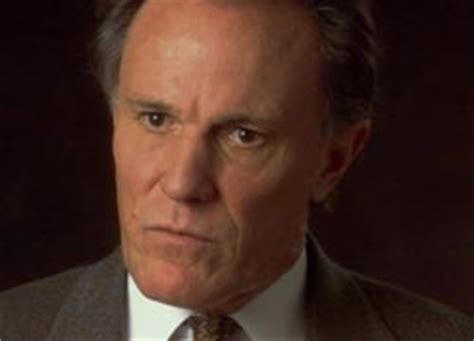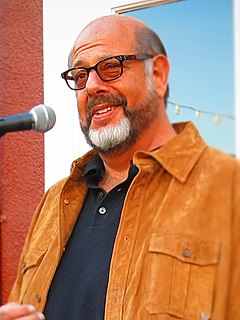A Quote by Karen Armstrong
God is not good, or wise, or intelligent anyway that we know. So, people like Maimonides in the Jewish tradition, Eboncina in the Muslim tradition, Thomas Aquinas in the Christian tradition, insisted that we couldn't even say that God existed because our concept of existence is far too limited and they would have been horrified by the ease with which we talk about God today.
Related Quotes
God is not a Christian, God is not a Jew, or a Muslim, or a Hindu, or a Buddhist. All of those are human systems which human beings have created to try to help us walk into the mystery of God. I honor my tradition, I walk through my tradition, but I don't think my tradition defines God, I think it only points me to God.
One reason which I find particularly fascinating about Israel is this. There is no such thing as a Jewish civilization. There is a Jewish culture, a Jewish religion, but there is no such thing as a Jewish civilization. The Jews were a component basically of two civilizations. In the Western world, we talk about the Judeo-Christian tradition and you talk about the Judeo-Islamic tradition because there were large and important Jewish communities living in the lands of Islam.
The urge to break with a tradition is only appropriate when you're dealing with an outdated, troublesome tradition: I never really thought about that because I take the old-fashioned approach of equating tradition with value (which may be a failing). But whatever the case, positive tradition can also provoke opposition if it's too powerful, too overwhelming, too demanding. That would basically be about the human side of wanting to hold your own.
Those of us raised in the Christian tradition need to choose to either see God in Jesus or to continue to let the Bible define God. Our tradition says that Jesus is God. Maybe we should act as if we think he is instead of worshipping a book. Maybe we should be brave enough to admit that we are compelled to either become blinded ideologues or we need to forthrightly pick and choose what we follow in the Bible. Most Christians do that anyway, many just don’t admit it.
In the West nowadays, it's very common to talk about the Judeo- Christian tradition. It's a common term. The term is relatively modern but the reality is an old one. One could with equal justification talk about a Judeo-Islamic tradition or a Christian-Islamic tradition. These three religions are interlinked in many signification ways, which marks them off from the rest of the world. And I think there is a growing awareness of this among Christians and among Jews, and even to some extent to some Muslims. That's happening for obvious reasons.
Is the god the source, or is the god a human manner of conceiving of the force and energy that supports the world? In our tradition God is a male. This male and female differentiation is made, however, within the field of time and space, the field of duality. If God is beyond duality, you cannot say that God is a "He." You cannot say God is a "She." You cannot say God is an "It." (18)
My understanding of God is an experience. God is. That's all I know. In the Biblical tradition, it would be expressed as, "Be still and know that I am God." God is the "I am" energy. Something huge is at play here - cosmic creativity, consciousness, God, whatever you want to call it. I do believe that it's a guided ride. We're on a guided tour of the universe.
When we talk about the Judeo-Christian or the Judeo-Muslim tradition, it's important to remember that we are speaking of a Jewish component of civilization, but not in itself a civilization. What is happening now in Israel is that you have a coming together of Jews from the Christian world and Jews from the Muslim world with different cultures.

































